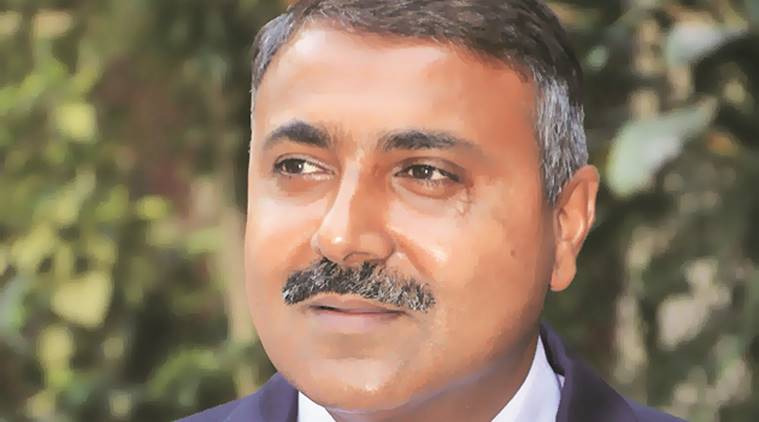
IPS officer Abdur Rehman, currently posted as Inspector General of State Human Rights Commission, speaks to The Indian Express about his new book ‘Denial and Deprivation: Indian Muslims after the Sachar Committee and Ranganath Misra Commission Reports’. These committees had recommended delinking of Scheduled Caste status from religion, extending reservations for Dalits to other religions, including Muslims and Christians. Excerpts:
What made you write the book?
The Sachar Committee report was submitted to the government in November 2006 and the Ranganath Misra Commission report in May 2007. After the reports were released, there was a lot of awareness and enthusiasm in the Muslim community. Awareness in the sense that it was realised that Muslims were so pathetically placed socially, educationally and economically. Enthusiasm that the government will do something concrete. But even after 12 years, nothing concrete has been done. Some organisations wanted to make public the current condition of Muslims and how many of the recommendations have been implemented. What I saw, there was no comprehensive information about this at the national level. This made me write the book to present to people the current status of the two reports. Also, what should be done for mainstream Muslims.
What has been the most alarming finding?
If you see the book, there is a chapter on education, Urdu, madrasas, access of Muslims to banks, infrastructure, civic facilities and government… these are the indicators of a community’s status. Muslims are pathetically placed on indicators like education and infrastructure as well as civic facilities. They are slowly getting marginalised… There is a need to integrate 14 per cent of the population, in loose terms — 18 crore people.
Post Sachar, do you think there has been improvement in the community’s position? Has this improvement been organic or is it because of concerted government efforts?
I have mentioned in the book that post Sachar, every community has improved — Muslims, Hindus, Christians and Parsis. So, this is not the result of any scheme or its implementation. It is a natural development… each community is contributing and reaping some benefits. What is alarming is that when compared to development of other communities, Muslims are far behind.
Is there any option for the community to seek implementation of the reports through legal means?
Sachar was a high-level committee constituted by the PMO. But there is no constitutional binding on implementing its recommendations. The only thing is that the government has some social obligation that if any community lags behind in development, it is the moral obligation of the government to do something. The Ranganath Misra report said Muslims, Dalits and Christians should be given SC status. Some 10 to 12 state assemblies had approved the demand. Some had said it was open discrimination in the name of religion. The UPA government did not file any replies and this government has opposed this demand. Thus, the Supreme Court should decide.
During your book launch last month, you said there was a dangerous trend among national parties to not speaking about issues faced by Muslims.
There are 18 crore Muslims… more than the population of many countries. If today, they are facing discrimination, lynching, no party is coming forward to talk about them. They think that if they speak about Muslims, they will antagonise the majority community. You have to develop and integrate every caste and community. This thinking is basically dangerous for the country and every party, including BJP, Congress and others… they should talk of every community that is deprived, including Dalits and tribals. Talking about deprived communities should be the goal today.
In 2013-14, a report prepared by three state DGPs, including former Maharashtra DGP Sanjeev Dayal, spoke of a trust deficit and a perception of police bias against Muslims.
This and other reports in the past have stated that Muslims are under-represented in the police force, due to which there is a trust deficit in the community. I also concur with this report submitted by the DGPs. Muslim representation in the police force is 3.2 per cent to 3.5 per cent. You cannot give reservation on the basis of religion in the police force. You cannot say that increase their numbers through reservations, that would be unconstitutional. Other means like targeted recruitment and some incentives can be given in the process of recruitment.
In your book, you’ve also spoken about the community’s role moving forward.
There is a need even for the community to introspect about its position in education. Nobody stops you from going to a school to get a good education, nobody has stopped you from sitting in competitive exams. There is a need for integration of three things — individual, community and state. Then Muslims will develop and integrate into the mainstream.